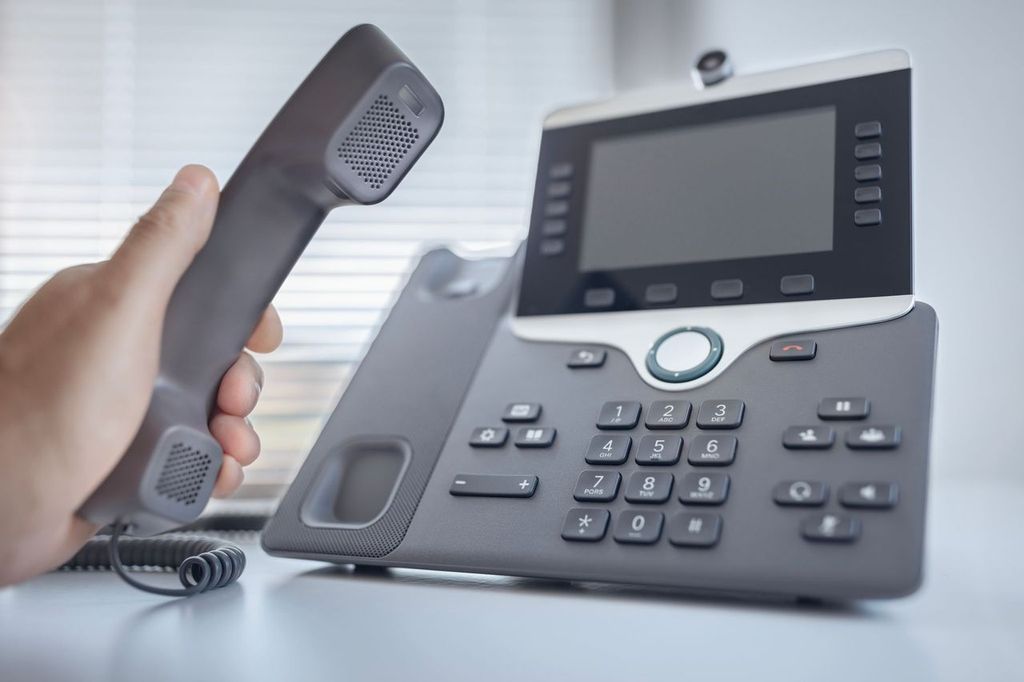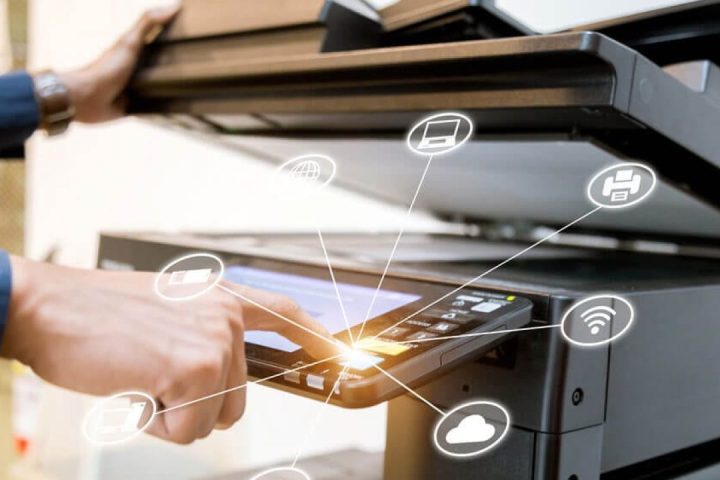With the rise of remote work and paperless transactions galore, secure communication systems are of the utmost importance. That’s why we recommend VoIP technology, which offers you cost savings all the way up to advanced features like video conferencing and virtual fax. However, security should always be a top priority, and with encryption, authentication, firewalls, and regular software updates, it is possible to reduce the risk of a security breach through your VOIP software.
Why Your VOIP Phone Service Needs Security
One of the biggest concerns for businesses looking to implement a VOIP phone service is security. While traditional landline systems have been known to be reliable and secure, the advancements in technology and the shift towards digital communication make it a must to understand the measures that can protect your company’s data and calls.
VOIP, or Voice over Internet Protocol, allows you to make calls using an internet connection rather than traditional copper wires used in landline phones. This means that your voice data is transmitted digitally over the internet as packets of information. With this type of transmission, there are potential vulnerabilities that can be exploited if proper security measures are not implemented.
For example, without encryption, anyone with access to the network can potentially intercept and eavesdrop on your calls. There’s also the potential for hackers to gain access to your system and make fraudulent, international calls. These types of attacks, known as “toll fraud,” can result in significant financial losses for businesses if not detected and prevented early on.
Security challenges you might face with VOIP phone services:
- Eavesdropping: This is a significant concern for VOIP communications. Without proper encryption, unauthorized parties can intercept and listen to calls, potentially compromising sensitive information.
- Hacking: VOIP systems can be targeted by hackers looking to exploit vulnerabilities. These attacks can lead to unauthorized access, data theft, or even service disruptions.
- Denial-of-Service (DoS) Attacks: In a DoS attack, hackers flood the VOIP system with excessive traffic, rendering it unavailable to legitimate users. These attacks can be particularly damaging for small businesses that rely on constant communication.
How Your VOIP Calls Can Be Secured
There are several ways to secure your VOIP calls, including:
- Encryption.
- Authentication.
- Firewalls.
- Regular Software Updates.
Let’s get into which each means and why you shouldn’t skip these security features.
Encryption to Prevent VOIP Eavesdropping
One of the most effective ways to secure your VOIP calls is through encryption. This process involves converting plain text or voice data into code, making it unreadable to anyone who intercepts it without a decryption key. Even if someone were able to access your call data, they would not be able to understand or use it without the proper decryption key.
VOIP providers often use protocols including Secure Real-time Transport Protocol (SRTP) and Transport Layer Security (TLS) to safeguard communications. SRTP encrypts the actual call data, while TLS encrypts the signaling and control data used to set up and manage the call. It’s important to ensure that your VOIP service provider utilizes the proper encryption methods to secure your calls fully.
Authentication for Access to the VOIP System
Authentication involves verifying the user identities before granting access to the VOIP system. Common methods to verify information include usernames and passwords, multi-factor authentication, digital certificates, and biometric data. A robust authentication process prevents unauthorized access and protects you best against fraudulent activities.
Firewalls and Intrusion Detection Systems for Security
Just as your computer needs a firewall to block online threats, your VOIP system requires one too. Firewalls act as barriers between your internal and external networks, filtering out potential malicious traffic. They will monitor and control traffic based on security rules, creating a secure barrier between secure internal networks and untrusted external ones. Intrusion Detection Systems also continuously scan network traffic for suspicious activities, providing you an additional layer of security.
Regular Software Updates
Like any software, VOIP systems are susceptible to bugs and vulnerabilities. Regular updates and patches will help maintain security. Reputable VOIP providers should ensure their systems are updated with the latest security enhancements.
Selecting a Reliable VOIP Provider in Atlanta
When selecting your VOIP provider in Atlanta, prioritize security and choose a reputable, experienced partner like Tri-Copy. You can confidently leverage the advantages of VOIP technology while we make sure your communications remain secure.
Reach out to your best-in-house VOIP provider in Atlanta — View the cities we serve.




